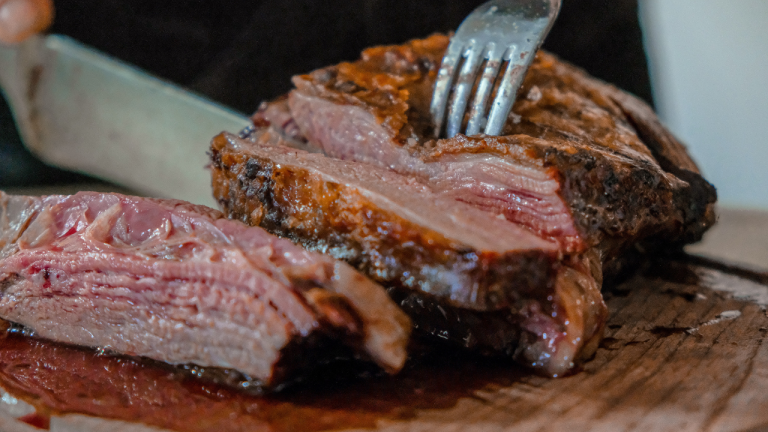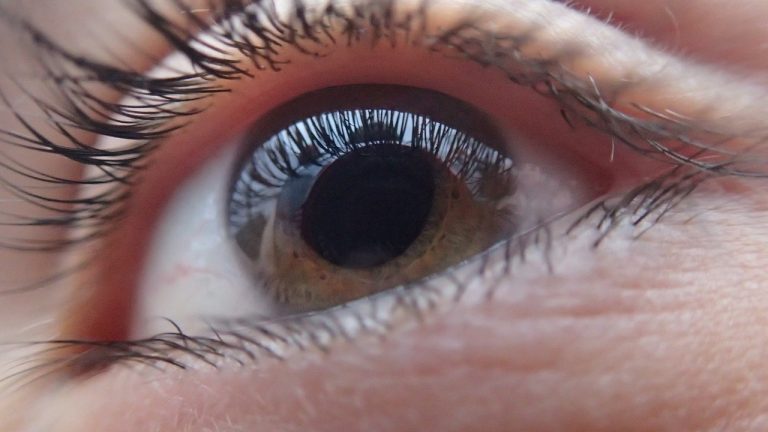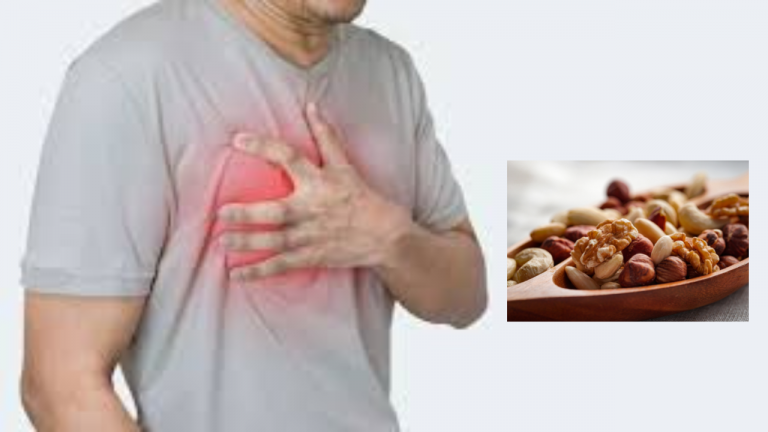How long Does it Take For Your Body to Digest Calories?

The digestion and absorption of calories vary depending on several factors, including the types of food consumed and individual differences. Here’s a general timeline of the digestion process:
Mouth: Digestion begins in the mouth as you chew and break down food into smaller pieces. Saliva mixes with the food, starting the breakdown of carbohydrates through the action of enzymes like amylase.
Stomach: The partially digested food then enters the stomach, where it is mixed with stomach acids and enzymes, such as pepsin, that break down proteins. The stomach also releases gastric juices to aid in digestion.
Small intestine: The majority of digestion and nutrient absorption occurs in the small intestine. Enzymes from the pancreas, along with bile from the liver, help break down fats, proteins, and carbohydrates into smaller molecules that can be absorbed into the bloodstream. Nutrients, including calories, are then absorbed through the intestinal lining and transported to the cells for energy.
Large intestine: The remaining undigested food, fiber, and water pass into the large intestine or colon. The colon absorbs water and electrolytes, while bacteria in the colon ferment some of the fiber and produce certain vitamins. The waste products, including indigestible fiber and bacteria, eventually form stool and are eliminated during a bowel movement.
The time it takes for the body to fully digest and absorb calories can vary. Generally, it can take several hours for a meal to pass through the stomach and small intestine, where most digestion and absorption occur. However, the complete process of digestion and absorption can take around 24 to 72 hours.
Keep in mind that different types of food can be digested at different rates. For example, carbohydrates are typically digested relatively quickly, while fats and proteins may take longer. Additionally, individual factors such as metabolism, overall health, and the presence of any digestive disorders can influence digestion times.
It’s important to note that the calories you consume are not instantly absorbed by the body. The process of digestion and absorption is complex and involves multiple stages before the nutrients, including calories, are available for energy production or storage in the body.



